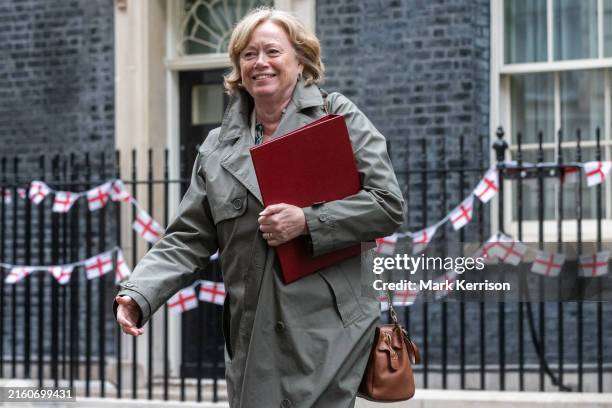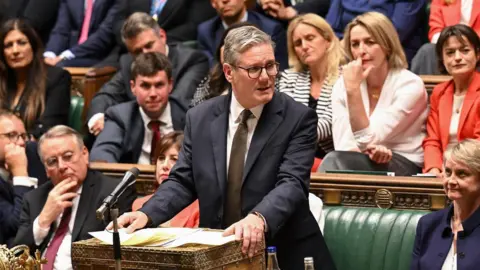The UK Government is preparing to introduce new rules that will require political parties to justify the appointment of peers in a bid to restore trust in the House of Lords.
The proposed changes, which are still in the early stages of development, aim to address public concerns over controversial peerage appointments, including those made by former Prime Minister Boris Johnson.
Political figures, such as Evgeny Lebedev and Johnson’s former aides Charlotte Owen and Ross Kempsell, have raised eyebrows due to their appointments to the House of Lords despite questions regarding their qualifications.
Lebedev has been criticized for making minimal contributions to parliamentary affairs, while Owen and Kempsell’s lack of significant political experience has fueled further scrutiny.
Controversial Peerages Under New Spotlight
Angela Smith, the House of Lords leader, is reportedly a strong advocate of these reforms. The initiative will require parties to outline candidates’ experience and suitability for the role, mirroring the citation process used for awarding honors from the monarchy.

The government hopes this approach will provide greater transparency in how peerages are awarded, potentially curbing appointments that appear politically motivated or questionable.
The lack of transparency over some appointments has long been an issue. For example, Johnson’s decision to award a peerage to former Tory treasurer and donor Peter Cruddas despite recommendations to the contrary by the House of Lords Appointments Commission (Holac) sparked controversy. Cruddas, once embroiled in a “cash for appointments” scandal, was cleared after successfully suing for defamation, although the court did find aspects of his conduct “unacceptable and wrong.”
The role of Holac has been primarily to investigate nominees for criminal records or misconduct but has not previously included the evaluation of whether a candidate is a good fit for the peerage.
Johnson, however, bypassed Holac’s concerns in several instances, including with Cruddas, Lebedev, and his young aides, leading to growing calls for reform in the appointment process.
Labour’s Vision For Reform
Concerns about the peerage system are not new. Labour has historically proposed significant changes to the House of Lords, with former Prime Minister Tony Blair’s administration also facing accusations of offering peerages in return for political donations in the mid-2000s, an affair famously dubbed “cash for honours.”
Labour’s recent efforts, spearheaded by leader Keir Starmer, include plans to drastically reduce the size of the second chamber and introduce an upper age limit for sitting peers.
Starmer has been vocal in his stance that the House of Lords needs trimming, pointing out that it is the second largest political chamber globally, second only to China’s National People’s Congress.

“We’ve got 800-plus members of the Lords. It’s simply too big; we need to reduce it,” Starmer said. The Labour Party’s proposed cap at 80 years of age aims to introduce a modern structure to the chamber, making its legislative functions more effective and efficient.
As the debate over the future of the House of Lords continues, it remains to be seen how these proposed reforms will unfold and whether they can restore public confidence in the peerage system.
READ ALSO: Prof. Gyampo Laments Over Government Inaction in the Fight Against Galamsey



















